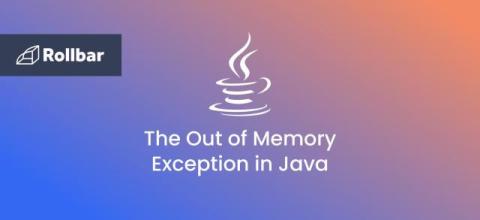AI's Impact on Human Intelligence: Are We Getting Smarter or More Dependent?
Artificial Intelligence (AI) has become an inseparable part of our lives, revolutionizing industries, transforming workspaces, and influencing how we interact with technology. From virtual assistants like Siri and Alexa to advanced machine learning algorithms driving breakthroughs in medicine, AI is everywhere. But as AI continues to evolve, a growing question lingers: Is AI making us smarter or more dependent?











